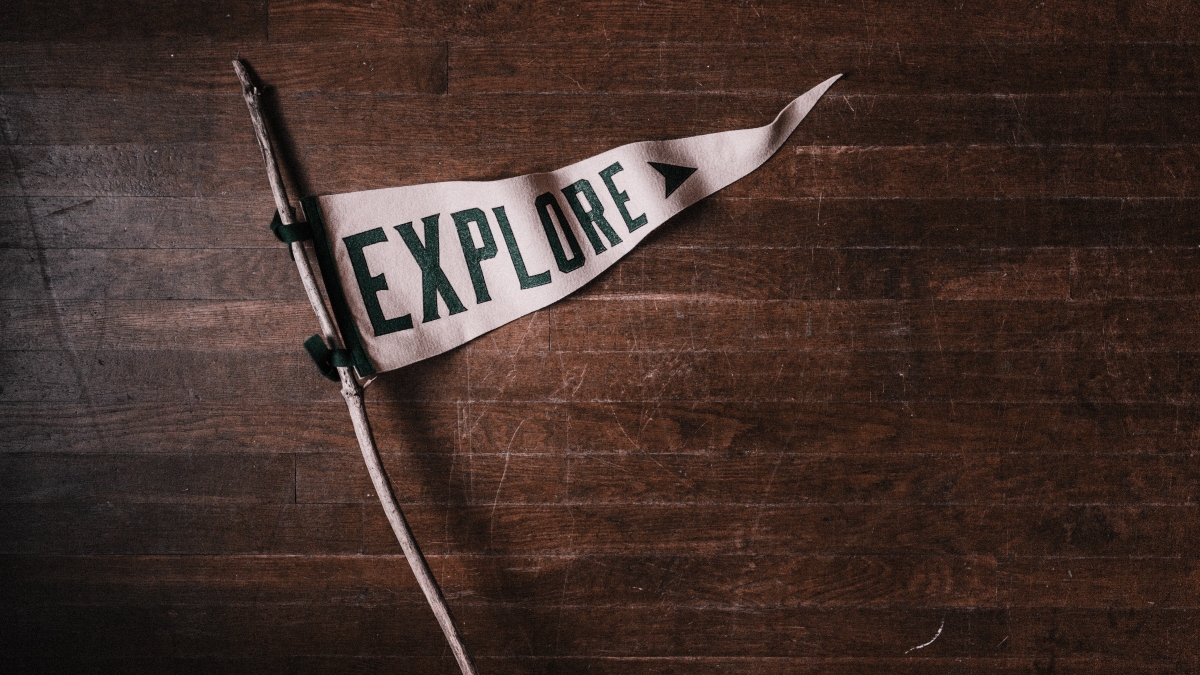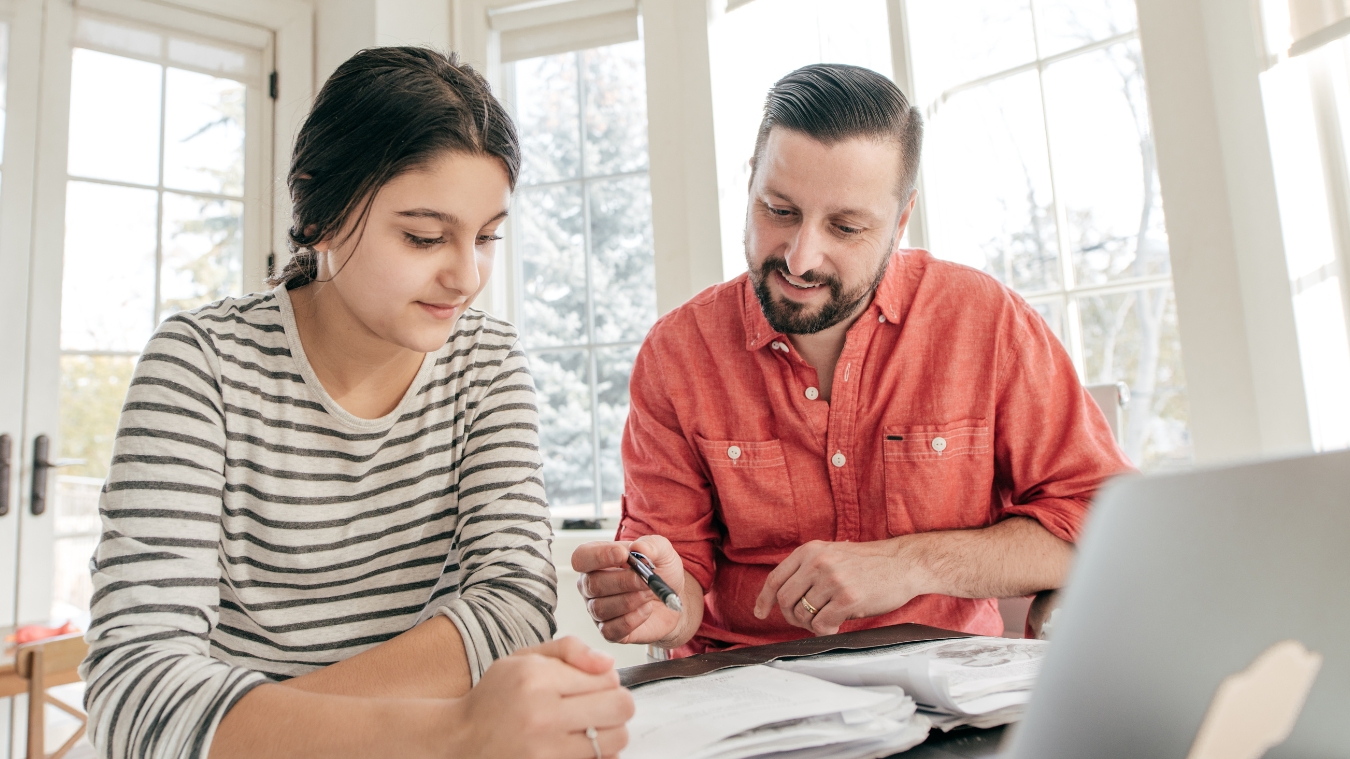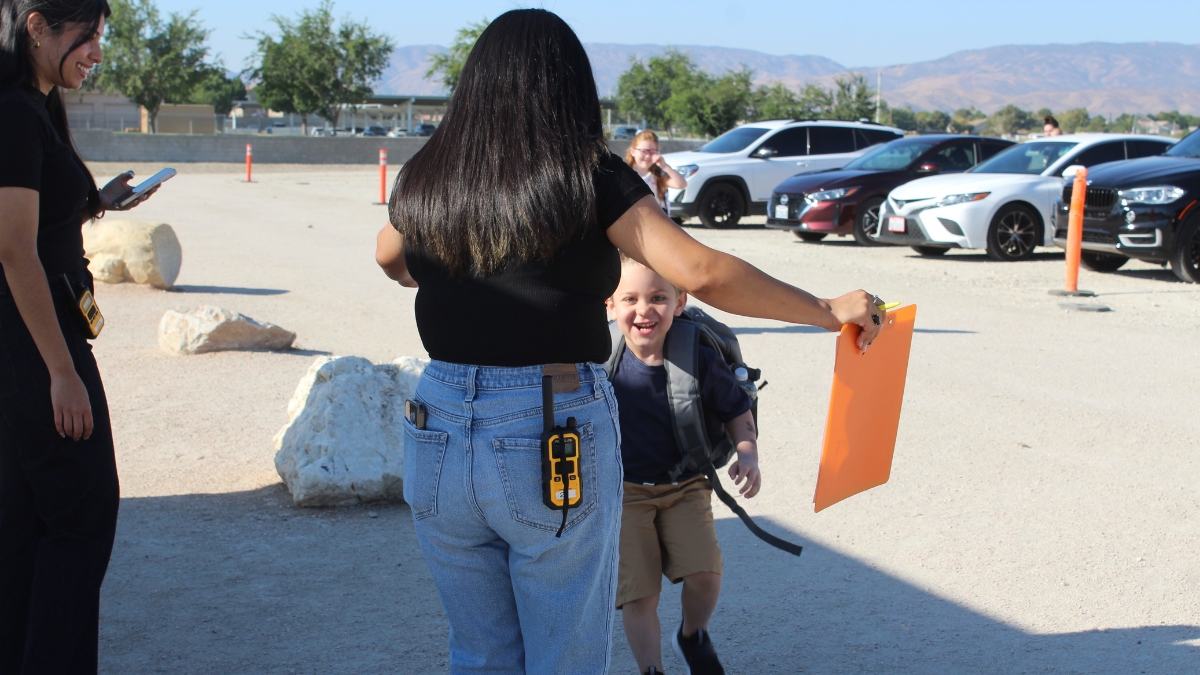iLEAD Antelope Valley Culture: Components of Social-Emotional Learning — Curiosity

“Make the most of yourself by fanning the tiny, inner sparks of possibility into flames of achievement.” — Golda Meir
Within the iLEAD Antelope Valley education model, we believe kids are more empowered to learn and retain knowledge when learning means asking questions. That’s why we reinforce curiosity as a component of social-emotional learning (SEL).
Simply put, curiosity is a strong desire to learn or know something — a search for information for its own sake.
Curiosity is frequently the engine that drives learning and achievement. Children are curious by nature, and so much of life is a source of wonder for them.
For curious learners, it’s less important to have the “right” answers and more important to create an environment where questioning and learning can occur.
So how do we nurture curiosity in learners? We do it, in part, by modeling an interest in the world around us and asking open-ended questions. Through dynamic project-based learning, facilitators at iLEAD Antelope Valley foster and develop kids’ natural inclination to be curious. Families and facilitators alike nurture curiosity when they encourage learners to identify and seek answers to questions that pique their interests.
A component of curiosity is uncertainty. While uncertainty often creates hesitation for learners, it’s possible for it to fuel the learning process. There are several ways to respond to uncertainty, according to Jamie Holmes, author of Nonsense: The Power of Not Knowing.
- Address the emotional impact of uncertainty: “The emotions of learning are surprise, awe, interest, and confusion,” according to Holmes. However, facilitators can help learners respond to these emotions by encouraging them to see uncertainty as an opportunity for learning.
- Adopt a nonauthoritarian facilitation style to encourage exploration, challenge and revision: By facilitating learning with a sense of curiosity and humanity, facilitators can help learners find ways to think and learn. Holmes writes, “The best teachers are in awe of their subjects.”
- Show how the process of discovery is often messy and nonlinear: Instead of simply presenting breakthroughs as logical results of long treks toward understanding, facilitators can share with learners how discoveries are often made — through trial and error, missteps, “happy accidents” and chance.
How do we pique learners’ curiosity? Developmental psychologist Dr. Marilyn Price-Mitchell has suggested several ways:
- Value and reward curiosity in learners.
- Give learners practice asking quality questions.
- Notice when kids feel puzzled or confused.
- Encourage learners to tinker with materials, thoughts, or emotions.
- Use current events as launchpads for conversation.
- Give learners opportunities to show healthy skepticism.
- Explore a variety of cultures and societies.
- Encourage curiosity outside of the classroom.
We believe when kids know how to be curious, they know how to think differently. When they know how to think differently, they’re empowered to be problem solvers who can change the world around them.
Still Curious?
“Curiosity. It’s the most powerful thing you own.”
RECENT POSTS

Upcoming Events
iLEAD AV Studio Mon.-Fri., 11/24-28: Fall Break – School Closed Click here for the school year calendar. iLEAD AV Exploration (Home Study) Mon., 11/17: Beginning of LP 4 Thur., 11/20:… Read More

El Dorado SELPA Webinar: “Autism: Understanding Executive Functioning for Parents”
Does your child need help getting started on homework, need help with remembering to do what you have asked, or need help staying organized and prioritizing? You’re invited to El… Read More

The Valet Process at iLEAD AV Studio
In an effort to keep iLEAD AV Studio learners, families, and staff safe, please remember to follow these valet procedures: Drop-off starts at 8:30 AM. Learners will not be admitted… Read More


